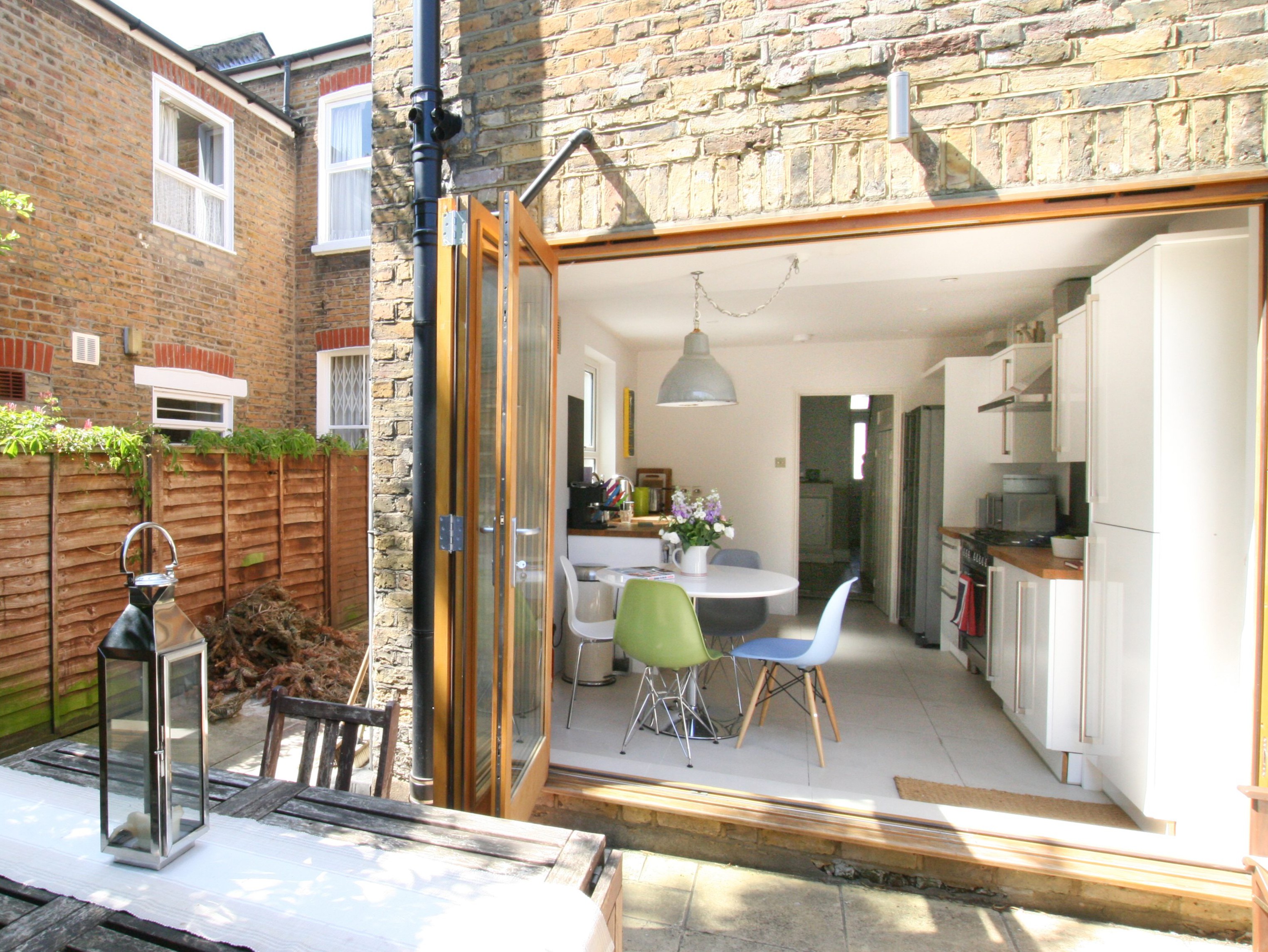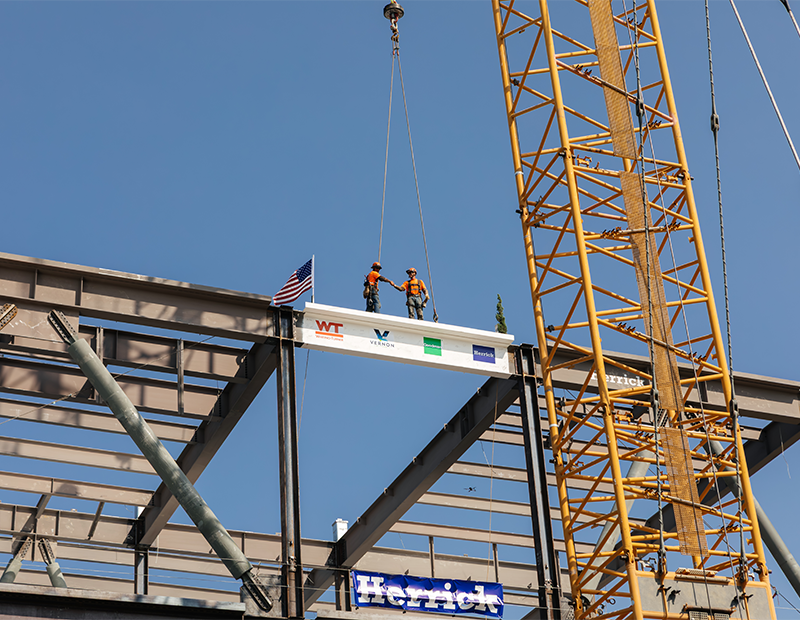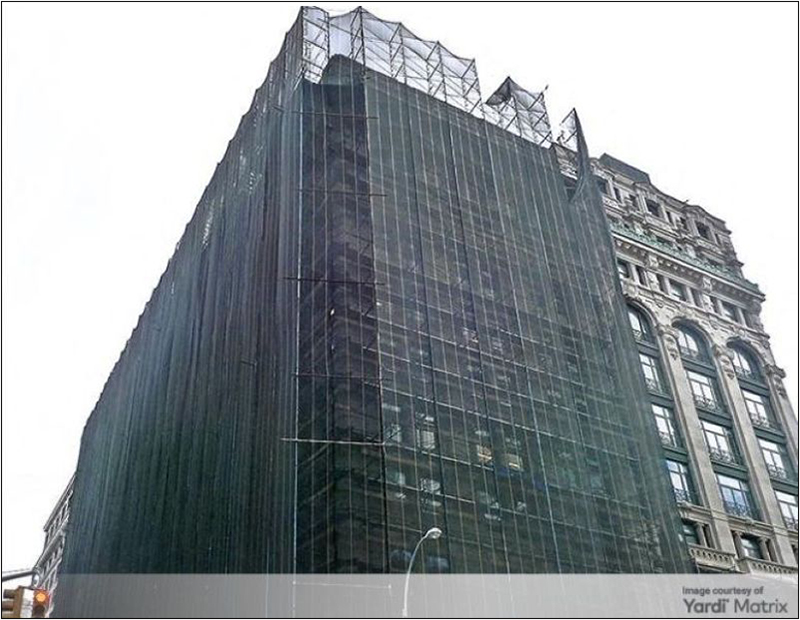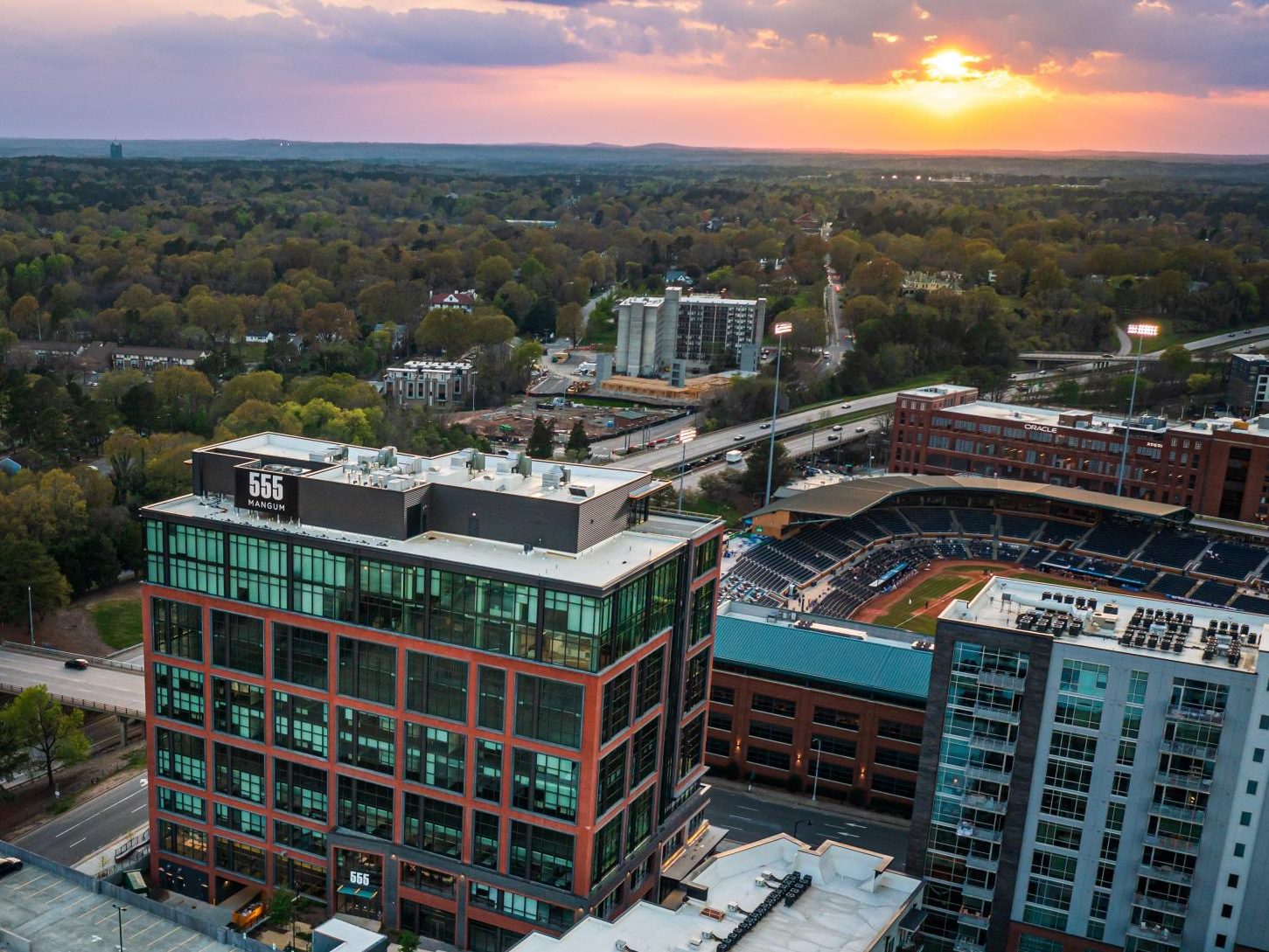Airbnb’s Life After New Regulations
As the new law requiring hosts to register with the city went into effect in San Francisco, the room-sharing company had no choice but purge more than 4,500 listings. How has this impacted the local short-rental business, compared to other California metros?
By Razvan Cimpean
The recent Airbnb restrictions and regulations that have gone into effect in San Francisco seem to have had little effect on the total number of Airbnb listings in the metro, AirDNA data suggests. Airbnb reportedly deleted more than 4,500 San Francisco illegal rentals from its site, but in most cases, either the listings were inactive or the properties were located outside the city. This explains why, out of a total of 11,000 properties listed on Airbnb as of December last year, AirDNA’s algorithm only took into account a little less than 7,000. But comparing the metro’s short-term rental situation with the one of other large California metros paints a more detailed picture.
No room to grow
San Francisco’s room-sharing market has reached saturation, with the total number of listings growing by only 3.9 percent year-over-year as of January. Meanwhile, Orange County added more than 1,000 new rentals, an increase of 37.6 percent. Moreover, Los Angeles and San Diego also saw important gains, increasing their listings by more than 20 percent each. San Francisco has the most expensive average daily rate, $263.07 per entire place, at least 35 percent higher than the other three metros. Prices do not have much room to grow in San Francisco, which registered only a modest 3.6 percent increase year-over-year. By comparison, Orange County witnessed a 10.5 percent increase.
While it is too soon to analyze how effective the authorities’ efforts to regulate the room-sharing business will be, the trend suggests that Airbnb absorption is likely to decrease in San Francisco in the following quarters. The metro faces an affordable housing crisis, with the median home price being the highest in the country. However, the city’s struggle to deal with room-sharing platforms goes back to 2015, when San Franciscans voted not to restrict short-term rentals. Share Better, the coalition behind the 2015 anti-Airbnb campaign, has since expanded nationwide, drawing increasing attention to the negative impact home-sharing companies have on affordability.
Orange County gains momentum
Things look grimmer when factoring in the total number of booked listings—entire places, private and shared rooms, combined. While Orange County has the lowest number of listings among the four major California metros, it saw the biggest year-over-year increase as of January, 48.7 percent. San Diego is not doing bad either, registering a growth of more than 30 percent in the total number of booked listings for the same period. Last December, Los Angeles reached its highest number of booked listings, 13,671. While Orange County, Los Angeles and San Diego experienced a higher increase in booked listings than in new rentals, for San Francisco things were exactly the opposite. The metro kept an average of 5,300 booked listings in 2017, reporting a slight decrease of 0.1 percent.
On average, San Francisco had about 6,800 available listings each month in 2017 and an occupancy rate of more than 65 percent, similar to that of the previous years. This is a clear sign that the company will not be immediately impacted by the removal of illegal rentals. In San Francisco, Airbnb has reached a point where it is almost impossible to grow, but none of the other three California metros have significantly higher occupancy levels. Airbnb started out in San Francisco and had the chance to mature locally, backed at one point by an important electoral support. It should come as no surprise that, given the current state of the housing market in the metro, the city’s Airbnb performance is lagging when compared to Orange County or Los Angeles. But in and of itself, San Francisco’s room-sharing platform is far from being in a gloomy situation.
Image courtesy of Airbnb








You must be logged in to post a comment.